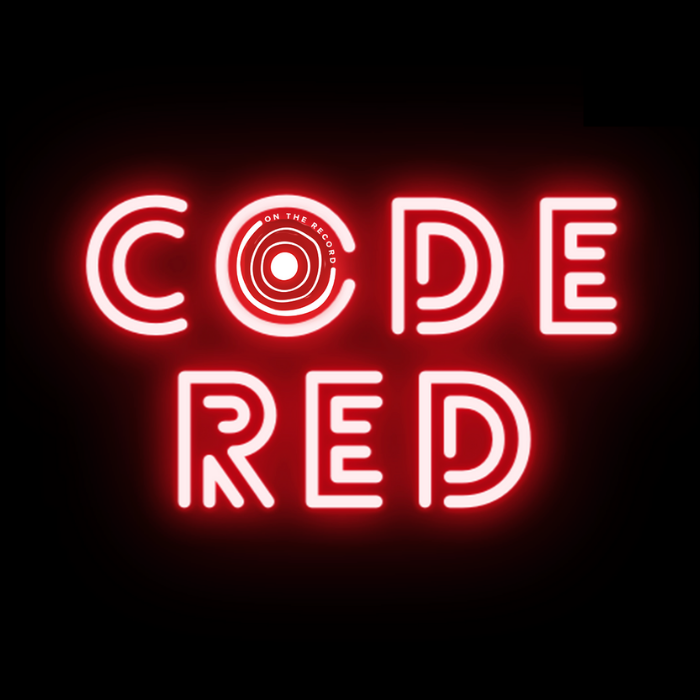
When young millennials and Gen Z graduate, many will be consumed with climate change anxieties and financial fears.
Young people leaving school could end up working in the gig economy. Many may never have the financial freedom to buy a home. Some will struggle to find money to invest, and others still may have challenges establishing a good credit rating.
The problems aren’t only financial. Even having kids is looking like less of a priority for younger generations who see the worsening climate crisis and ask: do I want to bring children into an uncertain world? What other generation felt forced to decide whether or not they want to have kids because those kids will likely be born into a world where climate disasters are more frequent?
Many of us will also need to change our lifestyle habits and lower our carbon footprint. As Ryerson sustainable design teacher Lloyd Alter sums it up: “don’t eat red meat, don’t drive, live in a small space, don’t get in a plane, and stop buying so much shit.”
Some young people say they feel overwhelmed as they contemplate the future.
It makes sense: with the rise of deepfakes and misinformation, all of us are susceptible to being scammed or tricked. Our perpetually online lives make us statistically more likely to see false information than the rest of the general population. Many of us will need to develop digital hygiene practices and a reliable fact-checking routine to protect ourselves.
Lack of in-person learning and long hours on Zoom is making some students burn out, causing mental and physical health issues with lasting repercussions. So much distance learning puts students about to enter the workforce at a disadvantage, says media psychologist Jeremy N. Bailenson.
What else lies around the post-graduation corner? What is life like for this cohort as they try to face a world that feels ruined by overlapping crises? How do we navigate it? How will we survive it?
Enter: Code Red.
At On The Record, we decided to report a series of stories that looks at the world we’re graduating into. Each story in our series covers an issue that Gen Z and young millennials are thinking about as they navigate early adulthood.
The series rolls out over the next few days. Here are a few highlights:
- Maria McCollum looks at how (not) realistic homeownership is for university graduates.
- Madison Dolman and Elena De Luigi look at data privacy concerns as Ontario’s new digital ID program arrives.
- Tess Stuber contemplates lifestyle changes needed to slow climate change.
- Stephanie Leonardelli looks at why people are now prioritizing work-life balance as a top factor in their jobs.
- Sara Romano looks at why Gen Z is second-guessing having kids.
- Rida Khan looks at the worrisome growth of deepfakes.
- David Warner and KB Buchanan examine the proliferation of misinformation among young people.
- Camilla Bains and Donald Higney look at Gen Z’s use of humour as a coping mechanism.
- Hadi Azad looks at young people’s lack of financial literacy and the issue of overspending.
